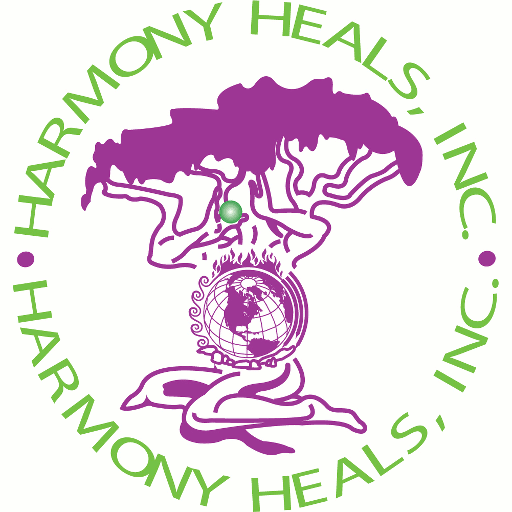The term addiction is commonly misinterpreted in where it is only related to drugs and alcohol. The truth is, addiction isn’t limited to just drugs or alcohol. It encompasses all types of things: gambling, food, video games, internet, sex, shopping, work, etc. The brain is an amazingly power part of our body and for hundreds of thousands of years it has helped humans become who we are today but it can also create some issues in our lives as well. We are able to engulf our brains with a wealth of information in a matter of minutes due to ever expanding technology, we can instantly satisfy our cravings for fatty fast food virtually on every street corner, we can search and buy the latest fashion trends at the mall down the street, and we can even loose track of time, relationships, friendships, and normal everyday activities while being caught up in some work. In turn, we have essentially created the means by which we can develop some type of addiction.
Addiction starts with our brains, more specially, the limbic system. As stated on Wikipedia, “The limbic system supports a variety of functions including adrenaline flow, emotion, behavior, motivation, long-term memory, and olfaction.” It works by releasing neurotransmitters that send information throughout our brain and body. The main neurotransmitters that relate to addiction are excitatory neurotransmitters and inhibitory neurotransmitters. The excitatory neurotransmitters are responsible for releasing endorphins and dopamine. Endorphins reduce the perception of pain and help with coping. Dopamine controls the reward-motivated emotions and pleasure. Our brain releases these chemicals when we are engaging in activities that produce some sort of reward or anticipation of pleasure, whether its eating salty french fries or smoking a cigarette. Too much of this can over stimulate the brain and drop the brains tolerance levels which can cause us to become dependent on fulfilling our pleasure or reward needs in order to balance out the lack of chemicals the brain is releasing. Eventually, this will lead to whats called a hypofunctioning reward system which makes natural and artificial highs harder to achieve. Unfortunately, this can cause someone to increase their amount of reward or pleasure seeking for a fix that may never be reached.
There is a difference between regularly using and addiction and most addicts are not able to acknowledge that difference. One way to find out if someone is addicted to something could be to ask the following question: “Can you reduce the amount of X (X being the possibly addictive thing) you use in a week?” If the answer is no, then you or that individual are at risk for developing an addiction or behavioral addiction. When someone is addicted to something, they can no longer control how much or how they use it, they simply become dependent on it to cope with everyday life. If you feel you or a loved one might have an addiction problem, please contact us or visit our addiction therapy page and receive real treatment.





